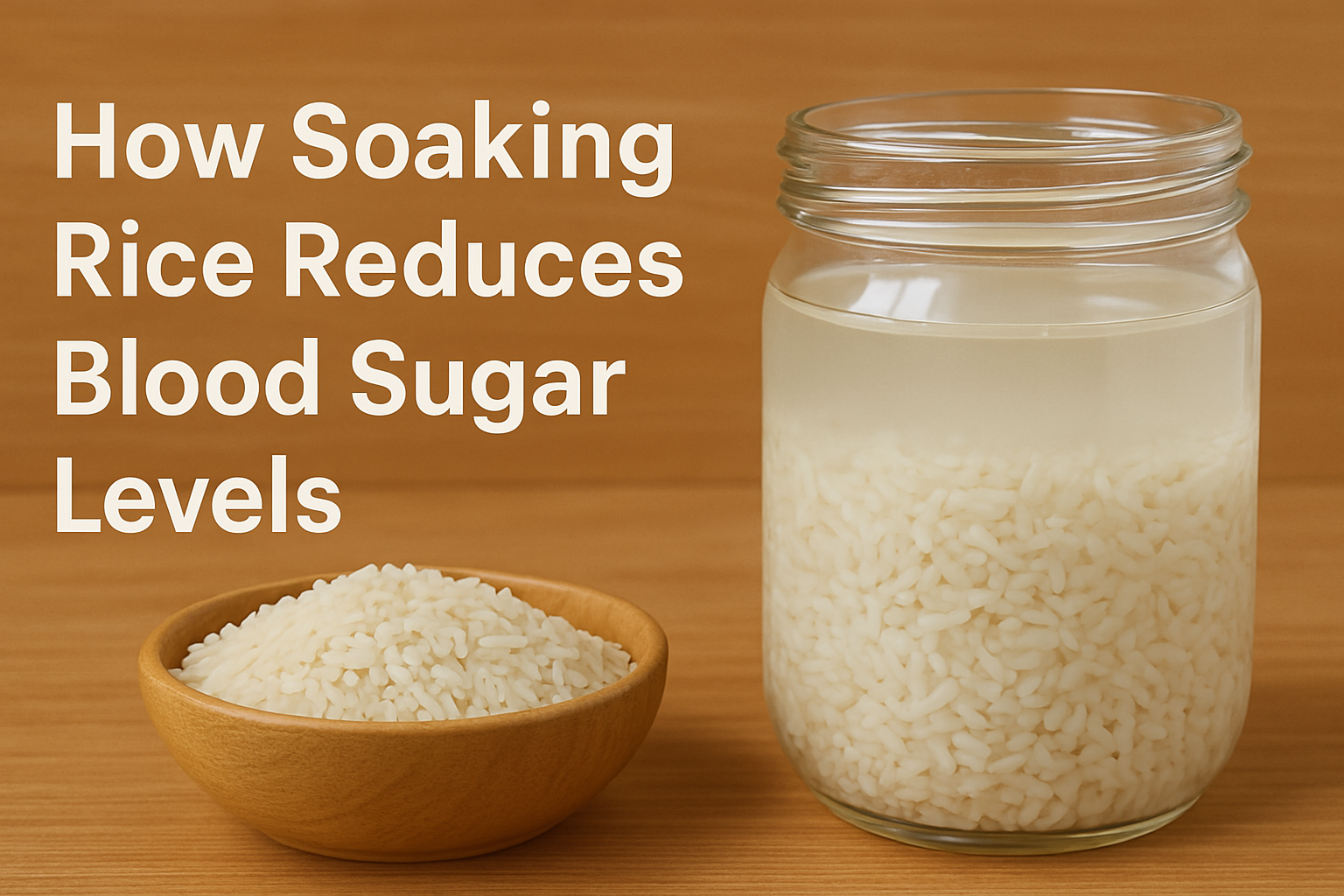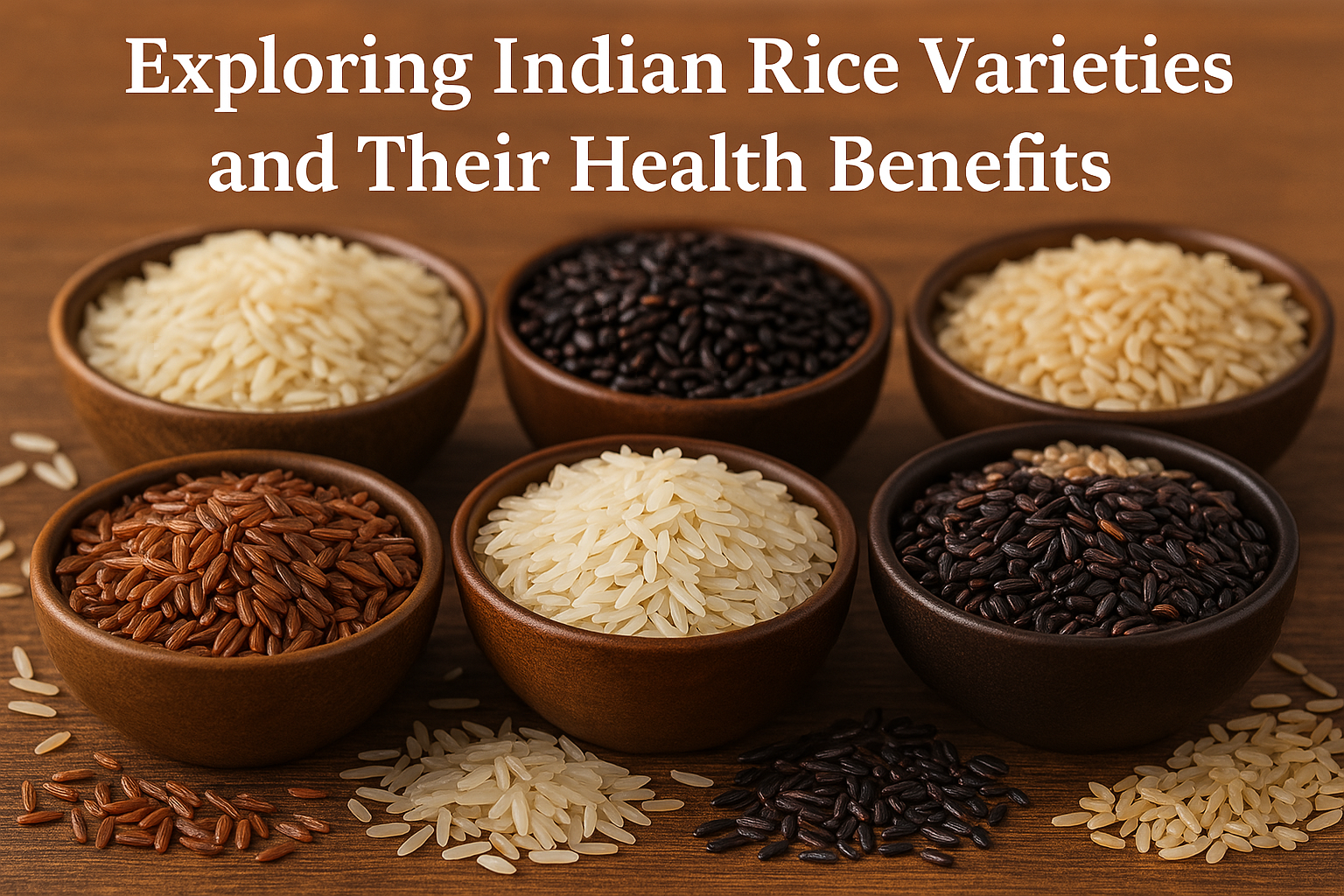Losing weight can be a tough journey because it needs dedication, consistency, and a lot of hard work. Incorporating natural strategies into your daily routine can make a big difference. From regular exercise and a balanced diet to getting enough sleep, Dhanush Kumar explains the seven natural ways to support weight loss goals. By making small changes to your routine, you can transform your body and effectively achieve healthy weight goals.
Best ways to Burn Belly Fat Naturally
1. Exercise regularly
Exercise is one of the best ways to help your body burn fat. It is important to aim for at least 30 minutes of moderate-intensity physical activity most days of the week. The activities included in this are brisk walking, jogging, cycling, or swimming. For better results, try to include cardiovascular exercises and strength training in your daily routine.
2. Healthy diet
Food plays a crucial role in your ability to burn fat and reach a healthy weight. Having a diet that includes fruits, vegetables, and proteins can help you feel full and reduce your overall calorie intake. Stay away from unhealthy fats, and calories like fast food that can lead to weight gain.
3. Eliminate Sugary drinks
Consuming excess sugar seems to be the main driver of weight gain, especially in the abdominal area. High sugar intake can lead to higher blood pressure, inflammation, diabetes, and fatty liver disease. Everything is linked to the increased risk of a heart attack.
4. Stay hydrated
Staying hydrated is one of the best ways to lose weight successfully. Aim to drink at least 8-10 glasses of water per day and make sure that you avoid sugary drinks like soda and sports drinks. Drinking water can help you feel full, and it will automatically reduce the temptation to eat.
5. Get enough sleep
Lack of sleep can disturb hormones that regulate hunger and metabolism in the body, and it becomes harder to lose weight. Aim to sleep at least 7-8 hours each night and maintain consistency. It also lowers the risk of severe health problems like diabetes and heart disease. It reduces stress and improves your mood.
6. Manage Stress
Stress can lead to overeating, weight gain, and difficulty losing weight. That is why it is important to manage stress, try incorporating relaxation techniques into your routine like meditation, yoga, or pranayama exercises. Practising these relaxation techniques can be a great way to reduce stress levels and improve your overall well-being.
7. Cook more meals at home
Cooking meals at home is a great way to support weight loss and improve overall health. When you cook at home, you have control over the ingredients allowing you to make healthier choices and avoid unhealthy preservatives found in many processed foods. It can save you money and reduce food waste. You can experiment with new recipes and cooking techniques to make healthy eating more enjoyable.
Conclusion
There are many natural ways to support weight loss and burn fat. By incorporating these strategies into your daily routine, you can achieve your weight loss goals and improve your overall health naturally and sustainably.

































